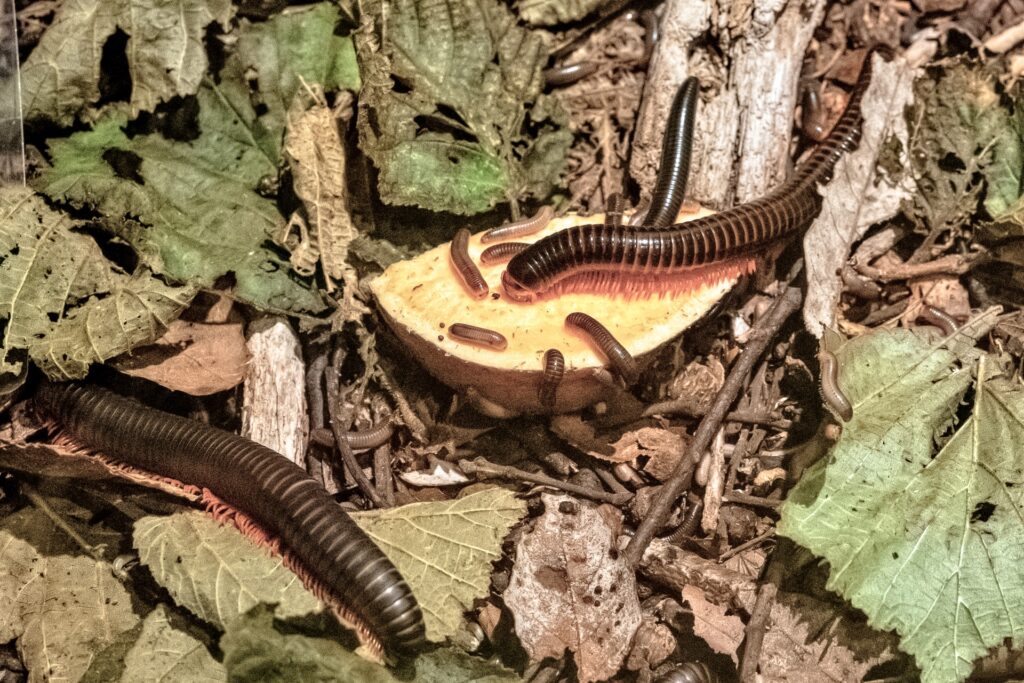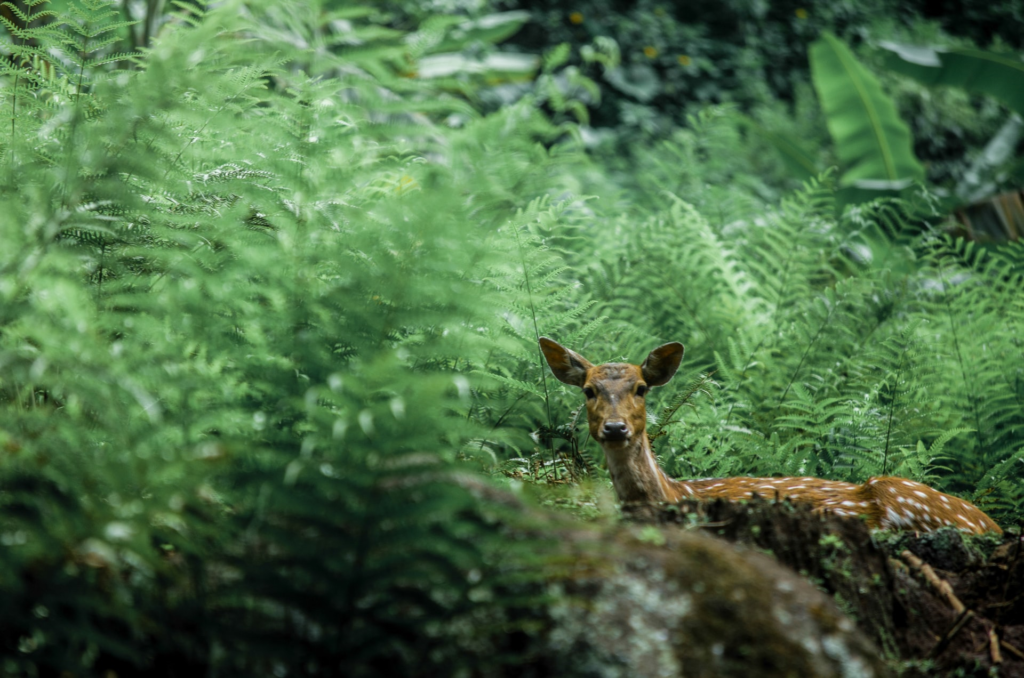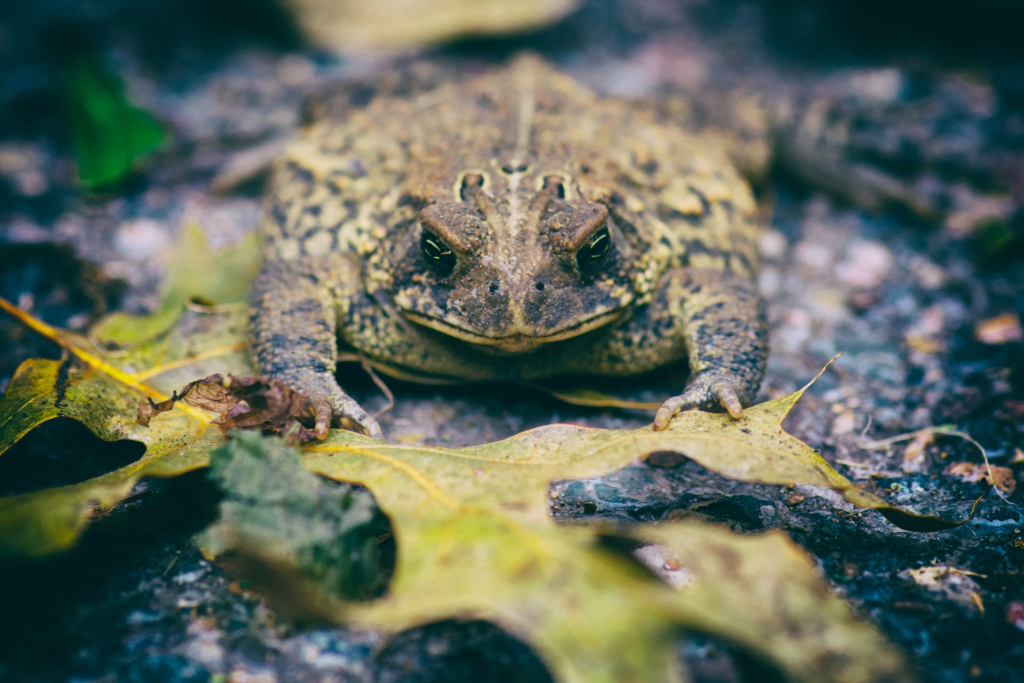(par 2.2.2. 3 ) Decomposition

http://science.jrank.org/pages/1967/Decomposition.html Decomposition is the natural process by which large organic materials and molecules are broken down into simpler ones. The ultimate products of decomposition are simple molecules, such as carbon dioxide and water. Sometimes misunderstood as being undesirable, decomposition is actually an extremely vital ecological process. Living organisms are composed of cells and tissues, which are in turn […]
(par 2.2.2. 2 ) Roles of animals in tropical rainforests

http://www.rainforestconservation.org/rainforest-primer/2-biodiversity/f-animals/1-roles-of-animals-in-tropical-rainforests/ Pollination: Many animals are essential in the reproductive processes of forest plants. Bats are known to be pollinators of more than 300 plant species (many of which are economically important as timber, fuel, fiber, medicine, or dyes). In Southeast Asia, bats pollinate popular forest fruits such as durian, banana and mango (Payne, 1995). Nectar-feeding […]
(par 2.2.2. 2 ) Forest Ecosystem Animals

http://www.tutorvista.com/science/forest-ecosystem-animals Introdction to forest ecosystem animals : In the Forest ecosystem animals are the consumers.They influence the flow of energy and cycling of nutrients through systems as well as structure and composition of forests through their feeding behaviour and the disturbances that they create. In turn their abundance and diversity is influenced by the composition […]
